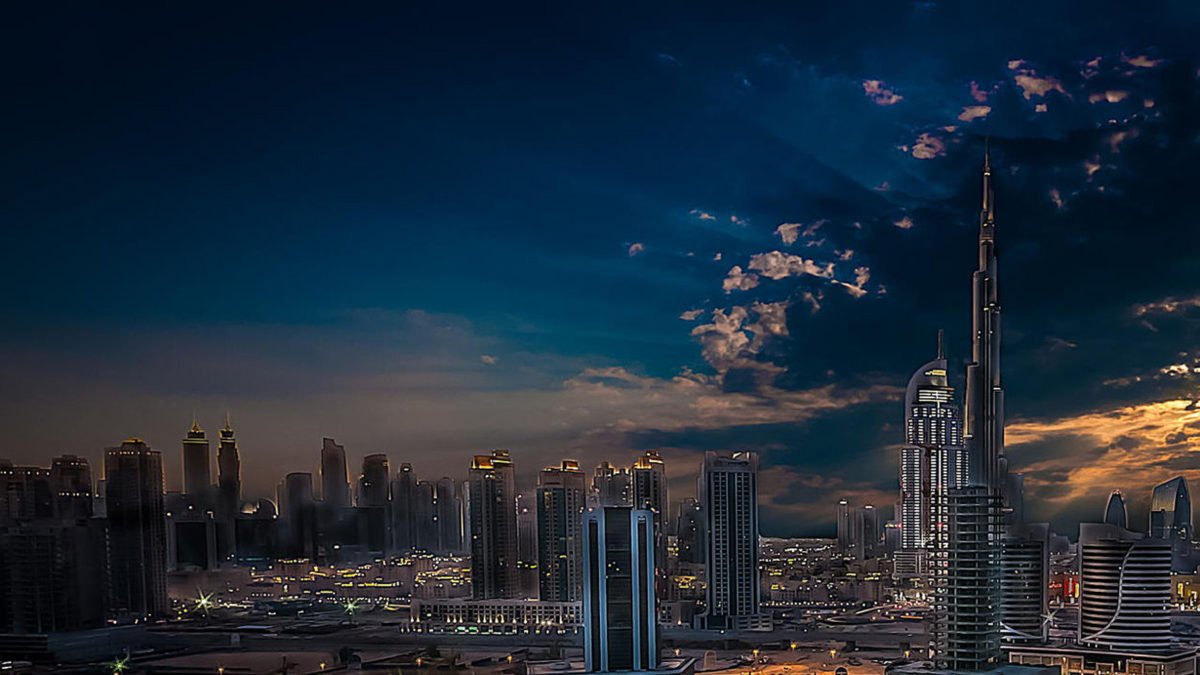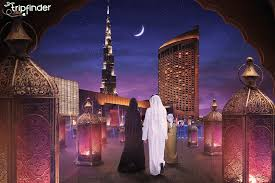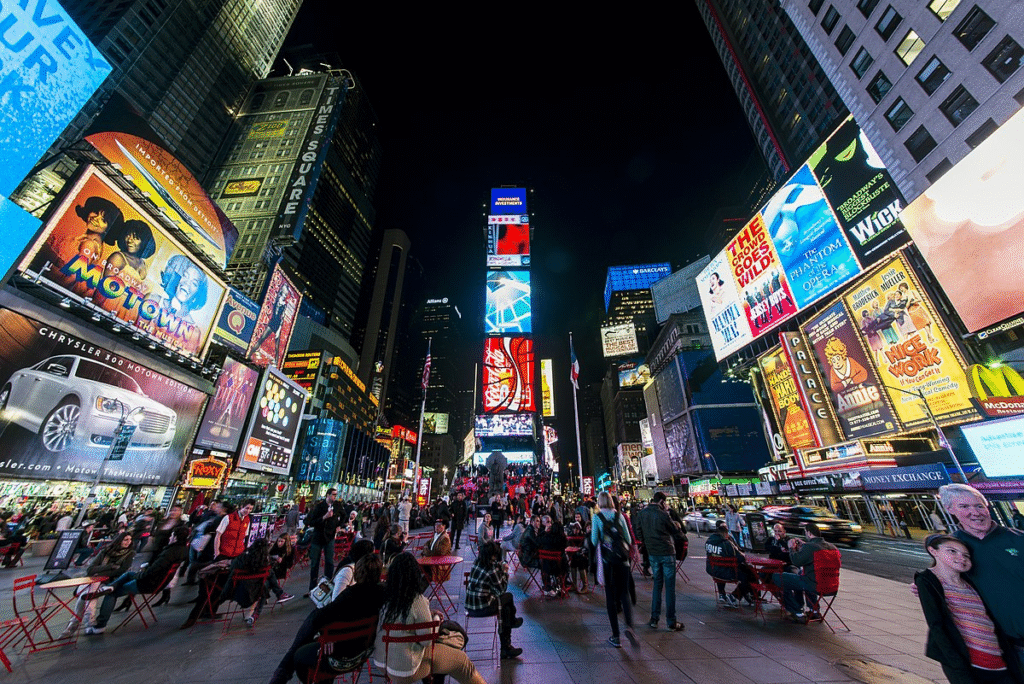Now Reading: What It’s Really Like to Experience Ramadan in Dubai 2025
-
01
What It’s Really Like to Experience Ramadan in Dubai 2025
What It’s Really Like to Experience Ramadan in Dubai 2025

Dubai is one of the most popular travel destinations in the world, known for its luxurious lifestyle, modern architecture, golden deserts, and rich culture. But if you’re planning to visit during Ramadan, the most sacred month in the Islamic calendar, there are some important things you should know to make the most of your trip — while also showing respect to local traditions.
In this guide, we’ll break down what Ramadan is, how it affects daily life in Dubai, what visitors can expect, and tips for enjoying your time in the city during this unique and spiritual period.
What Is Ramadan?

Ramadan is the ninth month of the Islamic calendar. For Muslims, it is a time of fasting, prayer, reflection, and community. From sunrise to sunset, Muslims do not eat or drink. It’s not just about food — they also avoid smoking, gossip, arguing, and other negative behaviors. After sunset, the fast is broken with a meal called Iftar, often shared with family and friends.
In Dubai and across the UAE, Ramadan is observed with deep respect. The atmosphere in the city becomes more spiritual and calm during the day, while the nights are filled with joy, celebration, and special meals.
Can Tourists Visit Dubai During Ramadan?

Yes, absolutely. Tourists are welcome to visit Dubai during Ramadan. The city remains open to visitors, and all major tourist attractions operate as usual. However, there are some changes in schedules, dining, and dress codes that travelers need to be aware of.
Visiting Dubai during Ramadan can actually be a beautiful experience. It’s a chance to learn more about Islamic culture and witness one of the most meaningful times of the year for Muslims.
Important Things Tourists Should Know

Here are some must-know tips for visiting Dubai during Ramadan:
1. Fasting Hours Are Respected in Public
From sunrise to sunset, eating, drinking, and even chewing gum in public is not allowed. This applies to everyone — including tourists. However, many hotels and some restaurants have private dining areas where non-Muslims can eat during the day.
If you need to eat or drink during fasting hours, do it discreetly and in designated spaces.
2. Dress Modestly
Modesty in clothing is always encouraged in the UAE, but during Ramadan, it becomes even more important. Both men and women should cover shoulders and knees, and avoid tight or revealing clothes, especially in public places like malls or government buildings.
This is a sign of respect to those observing the holy month.
3. Alcohol Service Is Limited
Some bars and lounges may reduce hours or stop serving alcohol during fasting hours. However, many hotel bars still serve alcohol after sunset. Rules can change depending on the venue, so it’s best to check ahead with your hotel or restaurant.
4. Opening Hours May Change
Some shops, attractions, and businesses may open later and stay open later than usual. For example, malls might open at 12 pm and stay open until midnight or later. Government offices may also have shorter working hours during the day.
Plan your daily schedule around these adjusted timings.
5. Experience Iftar and Suhoor
One of the most special things you can do in Dubai during Ramadan is to enjoy an Iftar meal. Iftar is the evening meal to break the fast, and many hotels, restaurants, and even tents offer lavish buffets and traditional dishes.
Suhoor, the pre-dawn meal, is also offered in many venues and often features live music, Arabic coffee, and desserts.
This is your chance to experience the cultural and community side of Ramadan — and the food is incredible.
What to Expect in Public Spaces
The mood in Dubai during Ramadan is more peaceful and reflective. Music in public spaces may be turned down or off during the day, and events are usually more subdued. It’s a good idea to lower your voice in public and avoid loud or inappropriate behavior.
That said, the city truly comes alive after sunset. Streets fill with people going to Iftar, markets reopen, and cultural events start. It’s a beautiful time to explore the city at night.
Family-Friendly and Cultural Activities
Dubai offers many special Ramadan events and experiences for families and tourists:
- Ramadan Night Markets: Enjoy local crafts, souvenirs, and traditional food.
- Iftar Tents: Try various types of Arabic cuisine in a festive setting.
- Mosque Visits: Visit the Jumeirah Mosque for a cultural tour and learn more about Islam.
- Ramadan Cannons: Watch the traditional cannon fire at sunset, signaling the end of the daily fast.
These are great opportunities to learn, take part in traditions, and take memorable photos.
Tips for Enjoying Your Trip
Here are some final tips to help you have a great time in Dubai during Ramadan:
- Stay Hydrated (discreetly) and carry a water bottle in your bag for private use.
- Plan Sightseeing in the Evening when the city is more active.
- Respect Local Customs and avoid public displays of affection.
- Book Iftar Dinners in Advance, especially on weekends.
- Ask Locals or Hotel Staff for guidance if you’re unsure of something.
Final Thoughts
Visiting Dubai during Ramadan can be an unforgettable experience. While it requires some awareness and respect for local customs, it also offers a unique chance to explore a different side of the city — one that’s more traditional, spiritual, and connected to its roots.
Whether you’re watching the sunset over the desert, enjoying a delicious Iftar buffet, or walking through a quiet souk under moonlight, Dubai during Ramadan is a time full of beauty, culture, and meaning.
Read More:- Shobha Realty Launches Its Most Luxurious Project Yet—Full Details Inside 2025






















